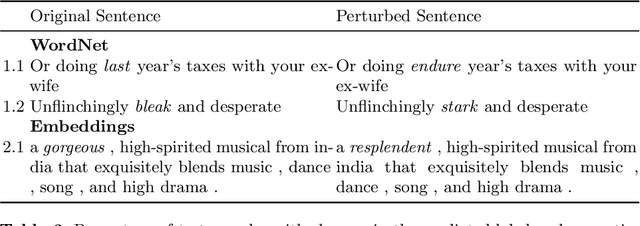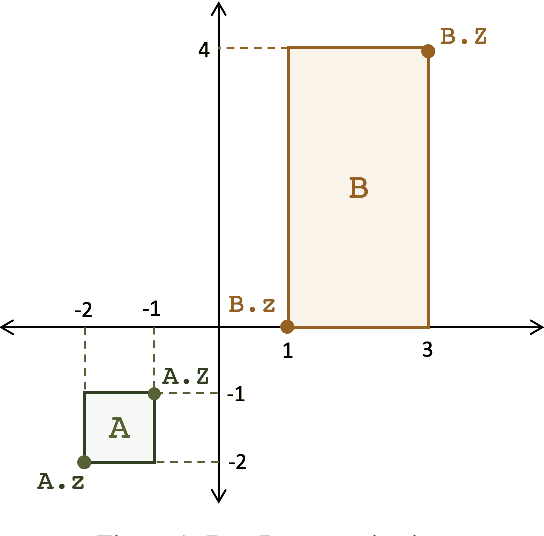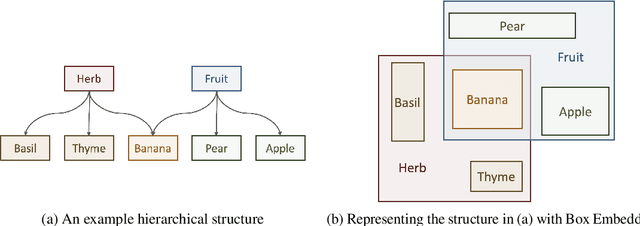Tejas Chheda
Robustness of Explanation Methods for NLP Models
Jun 24, 2022



Abstract:Explanation methods have emerged as an important tool to highlight the features responsible for the predictions of neural networks. There is mounting evidence that many explanation methods are rather unreliable and susceptible to malicious manipulations. In this paper, we particularly aim to understand the robustness of explanation methods in the context of text modality. We provide initial insights and results towards devising a successful adversarial attack against text explanations. To our knowledge, this is the first attempt to evaluate the adversarial robustness of an explanation method. Our experiments show the explanation method can be largely disturbed for up to 86% of the tested samples with small changes in the input sentence and its semantics.
Box Embeddings: An open-source library for representation learning using geometric structures
Sep 10, 2021



Abstract:A major factor contributing to the success of modern representation learning is the ease of performing various vector operations. Recently, objects with geometric structures (eg. distributions, complex or hyperbolic vectors, or regions such as cones, disks, or boxes) have been explored for their alternative inductive biases and additional representational capacities. In this work, we introduce Box Embeddings, a Python library that enables researchers to easily apply and extend probabilistic box embeddings.
 Add to Chrome
Add to Chrome Add to Firefox
Add to Firefox Add to Edge
Add to Edge